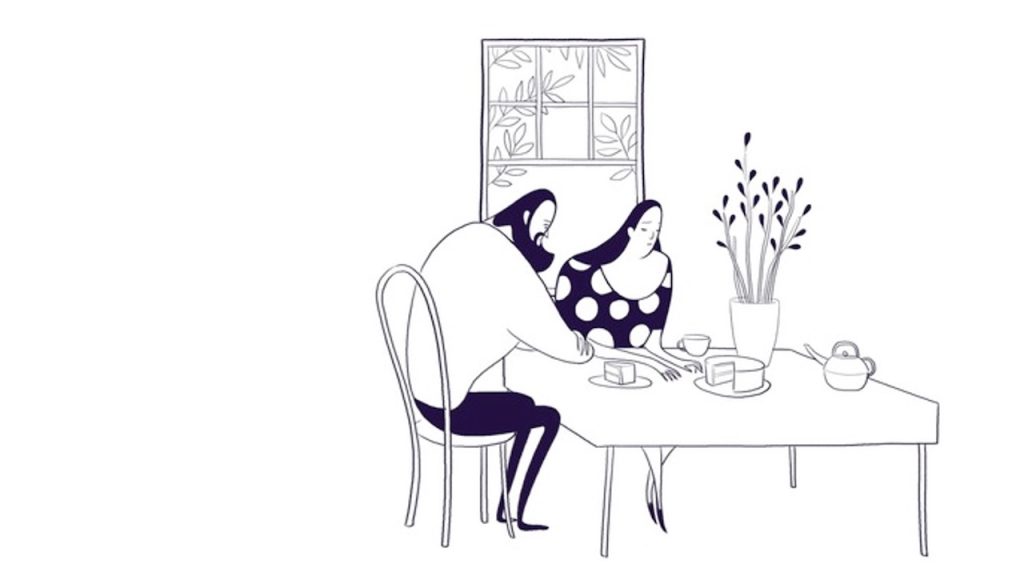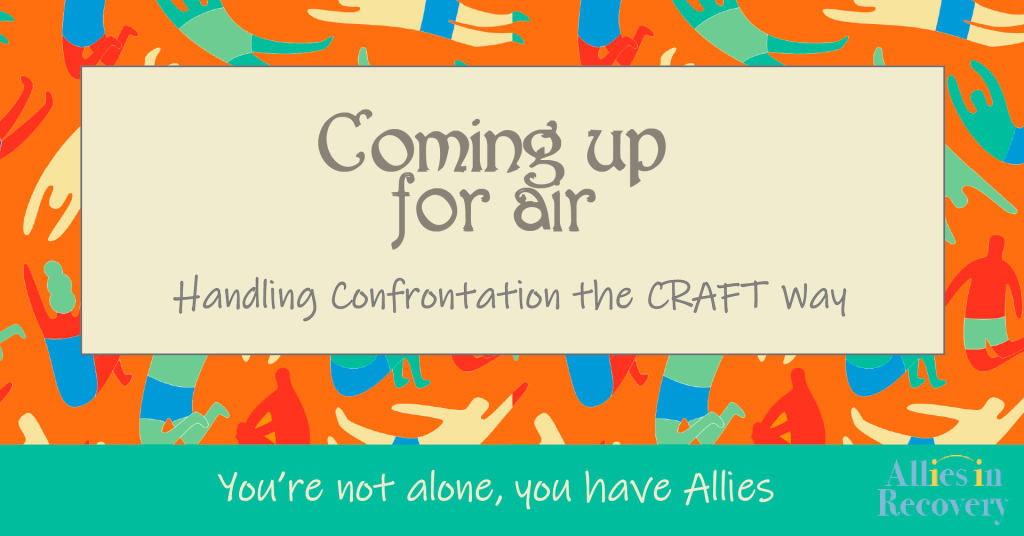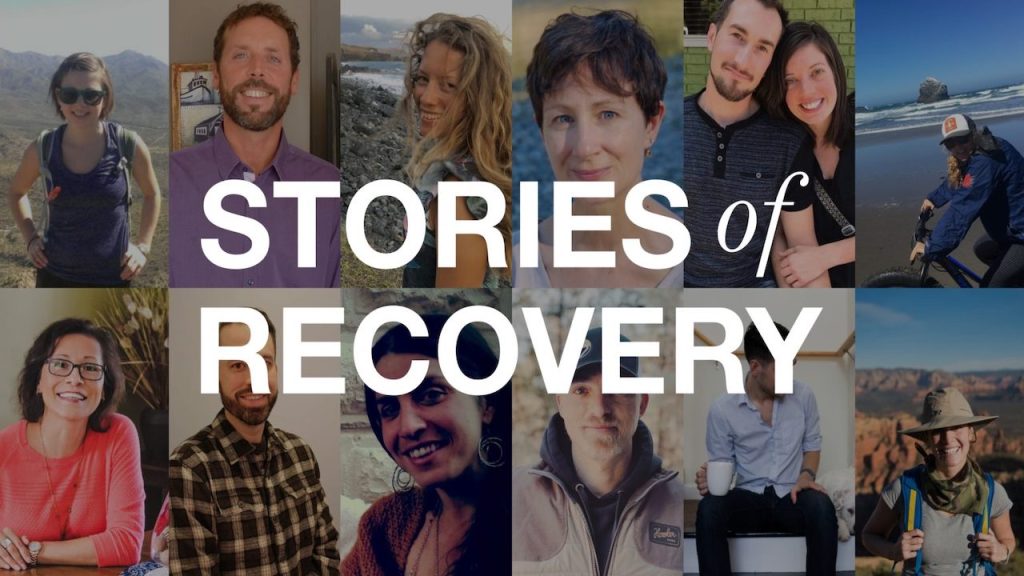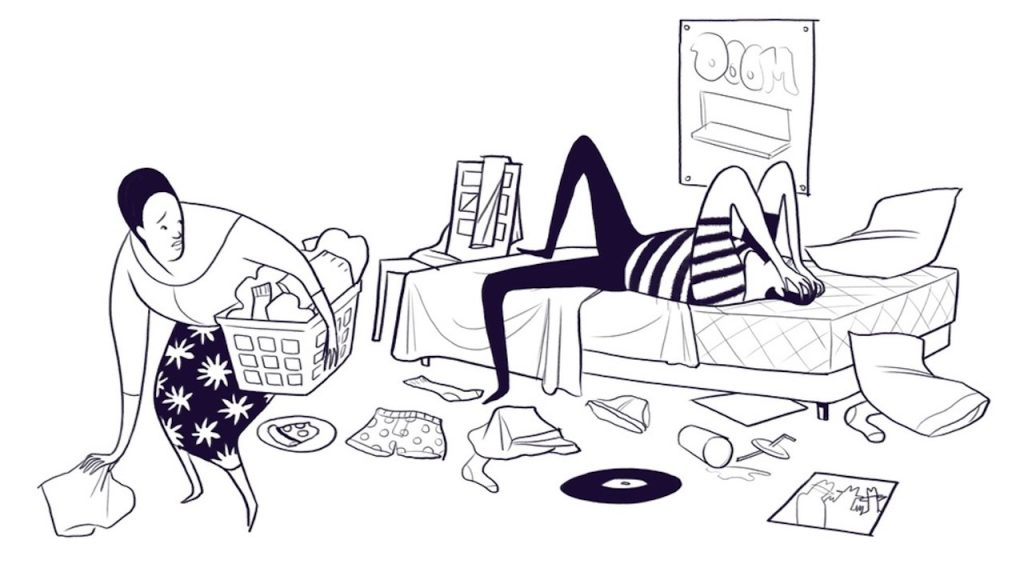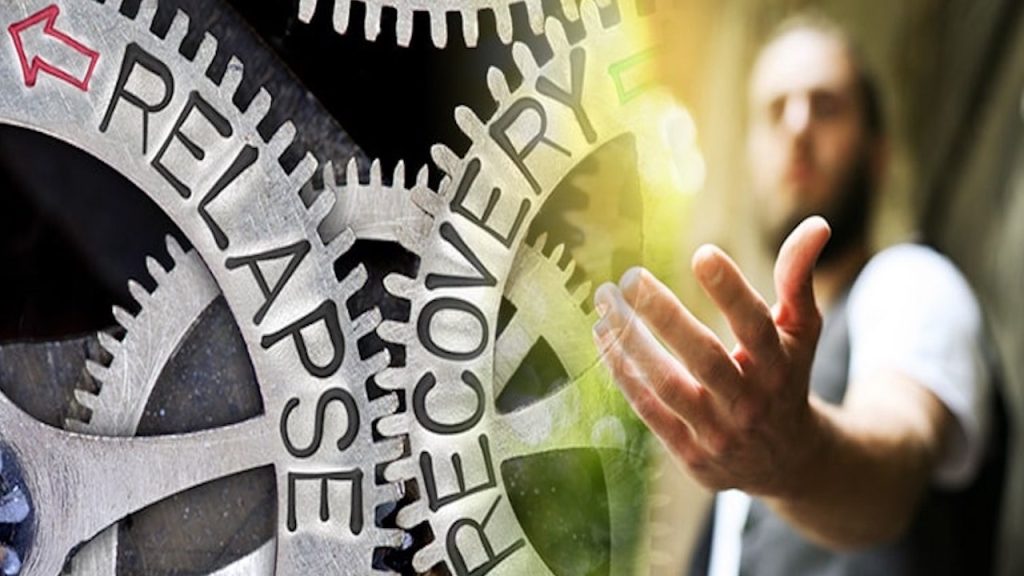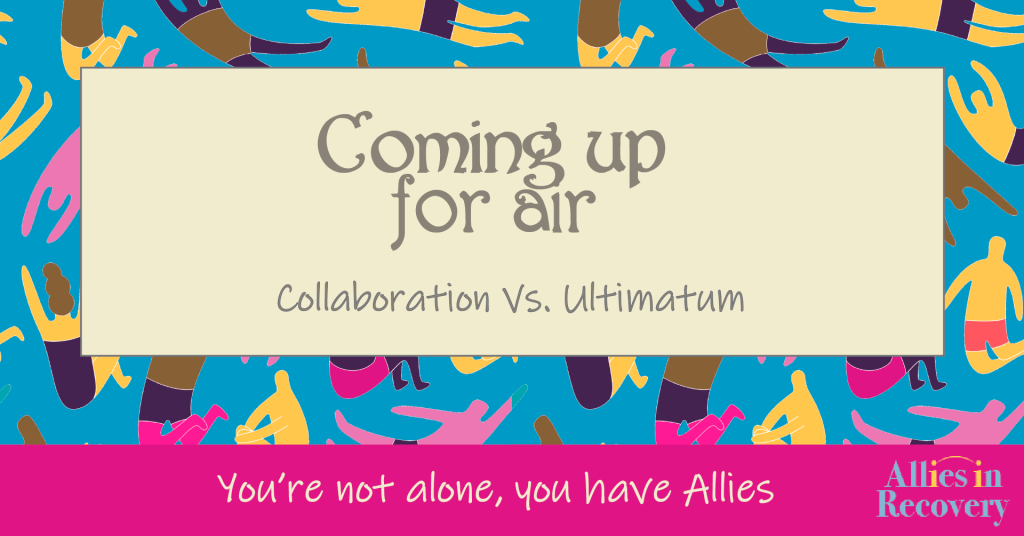Whatever You Put in Front of Your Sobriety You Will Lose

There is an AA saying, one that I think also applies to families navigating the addiction of a loved one. Simply put, your loved one’s sobriety must come first. Yet, for families, there is so much else going on.
*This post originally appeared on our Member Site blog, where experts respond to members’ questions and concerns. To take advantage of our current special offer and get full access to the Allies in Recovery eLearning program for families, click here.
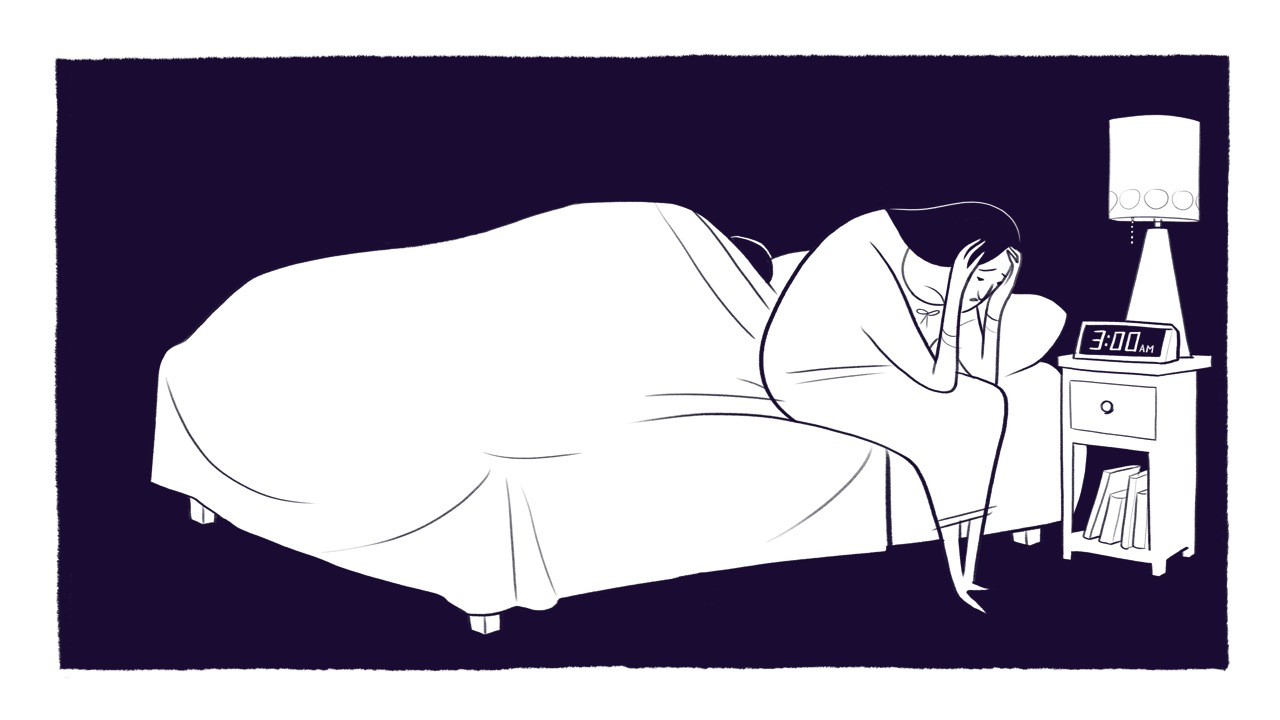
Sobriety is the priority
I recently spoke to the mom of a 26-year-old woman; she was in the thick of this dilemma. Finally, after much time had passed, her daughter had just admitted to having a problem with alcohol and needing help. Mom helped her enter a detoxification unit, a necessary first step for a safe withdrawal from alcohol.
And here is where the problems start. The daughter wanted out, claiming she wasn’t getting any treatment. Meanwhile, the boyfriend felt the whole thing was way overblown; he thought his girlfriend was fine, and should come home and get to work. In fact, the daughter didn’t want the boyfriend to know the true extent of her problem. They shared a house together, and she was afraid of losing it and him.
Mom is caught in the middle
She was worried that the boyfriend, with his “you’re fine” attitude, would send the wrong message to her daughter. Her daughter’s new job, and the home she had partly paid for also worried her. Lastly, she didn’t want to upset her daughter by talking to the boyfriend about her daughter’s alcohol use which she did in fact do. She showed him garbage bags filled with empty pint containers of white rum, squirreled away by the daughter in her old room.
And I felt bad that I was sounding like a broken record: “Figure out the next step after detox and have that ready for your daughter.” Stay away from the rest of it (even though it is so hard). Don’t take the repeated calls from your daughter who is begging to be brought home. Don’t concern yourself with whether the boyfriend and house may be lost, they may be.
This was a good turn of events, I told her: her daughter was finally addressing a severe alcohol problem. It might not lead to much sobriety this first time, but it was the necessary and critical first step. The mom’s role was simple: figure out her daughter’s next treatment step and “enable the treatment” (transport, payment, childcare, etc.).
How hard it is to see clearly through all the noise
On the one hand mom wants her daughter to get sober, and knows it’s the most important. On the other hand, it’s difficult to see your loved one possibly losing house, job, boyfriend. Focus on the treatment and leave the rest as best you can. Helping your loved one get to the next right place is the quickest way to a peaceful life for them. Perhaps they lose what they have, that is just not important when compared to their sobriety.
Are there instances like this in your life? Have you been torn by your loved one’s material things, their job, or their continued relationships — as opposed to their sobriety? Consider becoming a member of alliesinrecovery.net and taking concrete steps towards helping yourself and your loved one.



